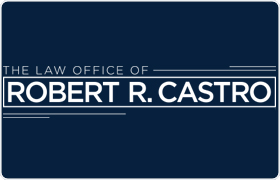Lexington Park Child Support Lawyer, Maryland
Sponsored Law Firm
-
 x
x

Click For More Info:
-
The Law Office of Robert R. Castro
2670 Crain Highway, Suite 411, Waldorf, MD 20601» view mapDivorce & Family Law Professional and Caring
We understand that you are looking for solid ground, now more than ever, and we want to be the legal team that provides you with that stability and confidence.
800-625-2520
Brian Ramsay
Adoption, Alimony & Spousal Support, Child Support, Computer Law
Status: In Good Standing
FREE CONSULTATION
CONTACTBrian W. Young
Administrative Law, Adoption, Alimony & Spousal Support, Child Support
Status: In Good Standing
FREE CONSULTATION
CONTACTDana L. Jones
Alimony & Spousal Support, Child Support, Children's Rights, Criminal
Status: In Good Standing
FREE CONSULTATION
CONTACTFREE CONSULTATION
CONTACTIrwin Andrew Goldberg
Alimony & Spousal Support, Child Support, Adoption, Criminal
Status: In Good Standing
 Robert Castro Waldorf, MD
Robert Castro Waldorf, MD AboutThe Law Office of Robert R. Castro
AboutThe Law Office of Robert R. Castro Practice AreasDivorce & Family Law
Practice AreasDivorce & Family Law
